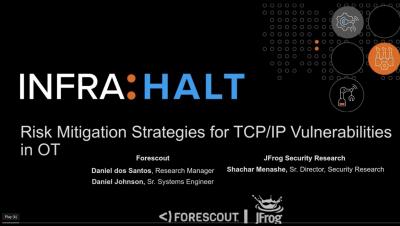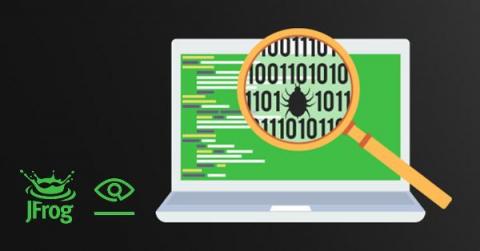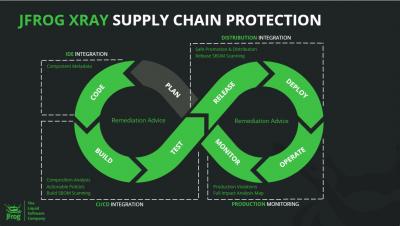Security | Threat Detection | Cyberattacks | DevSecOps | Compliance
JFrog
It's Time to Get Hip to the SBOM
The DevOps, IT security and IT governance communities will remember 2021 as the year when the Software Bill of Materials , or SBOM, graduated from a “nice to have” to a “must have.” Around for years, the SBOM has now become a critical DevSecOps piece, which everyone must thoroughly understand and incorporate into their SDLC (Software Development Lifecycle).
A Year of Supply Chain Attacks: How to Protect Your SDLC
One of the most worrisome trends in cybersecurity today is the skyrocketing incidence of supply chain attacks, such as the ones that hit SolarWinds last year and Kaseya more recently. Because they focus on compromising software development and delivery, supply chain attacks have forced developers and DevOps teams to scramble for solutions. Unfortunately, supply chain attacks are particularly challenging to prevent, detect and remediate, and, because of their stealthy nature, are often devastating.
How to protect your secrets with Spectral and JFrog Pipelines
Thousands of secrets leak daily on public git repositories, including over two million corporate secrets in 2020 alone. This can happen to anyone! For example, in January 2021, an Amazon cloud engineer accidentally committed almost a gigabyte worth of sensitive data that included their own personal documents, as well as passwords and cryptographic keys to various AWS environments on his personal GitHub repository.
INFRA:HALT 14 New Security Vulnerabilities Found in NicheStack
NicheStack is a TCP/IP network stack commonly used in millions of Operational Technology (OT) devices around the world, including in critical infrastructure such as manufacturing plants, power generation/transmission/distribution, water treatment, and more. JFrog’s security research team (formerly Vdoo), together with Forescout Research Labs, recently discovered 14 new security vulnerabilities affecting the NicheStack TCP/IP stack.
Bring Xray Out of the Box with Dependency and Binary Scanning
Shifting left security means you, the developer, catching and fixing vulnerabilities and license violations early in the SDLC. That’s why Xray scans binaries pushed to Artifactory by your builds, and alerts you when there are issues with your dependencies. But catching them earlier, even before checking in code, can be important for developers shifting left.
JFrog detects malicious PyPI packages stealing credit cards and injecting code
Software package repositories are becoming a popular target for supply chain attacks. Recently, there has been news about malware attacks on popular repositories like npm, PyPI, and RubyGems. Developers are blindly trusting repositories and installing packages from these sources, assuming they are secure.











